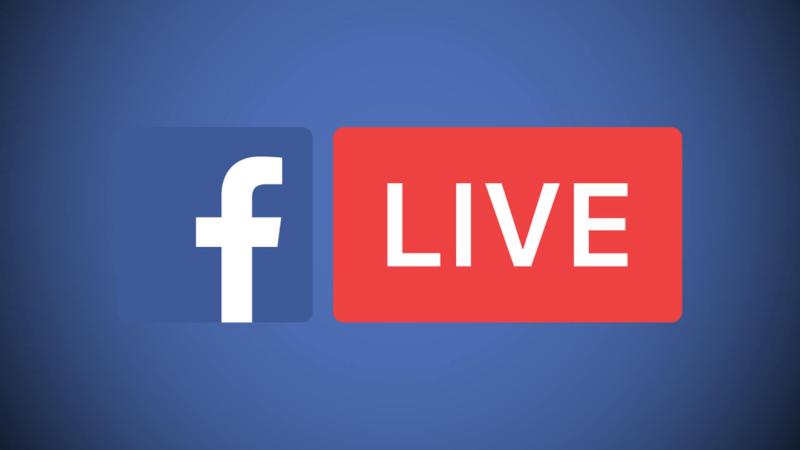On Wednesday, in response to continued pressure from multiple countries, Facebook published a blog by Guy Rosen, Facebook’s VP of product management, providing further details on the company’s response to the Christchurch shooting in New Zealand that left 50 people dead.
Companies like Facebook often use artificial intelligence to identify content that should be removed. However, an over reliance on AI can lead to exactly what happened with the Christchurch video. The shooting was allowed to be broadcast on Facebook Live and after, videos continued to spread across the internet.
Although Facebook continues to cite that the video was only viewed about 200 times during its live broadcast — and that nobody flagged it to moderators — those excuses aren’t cutting it for users and lawmakers.
Now, the company is saying it tried to use an experimental audio technology, in order to catch copies of the video that it’s AI missed. Facebook wrote that it “employed audio matching technology to detect videos which had visually changed beyond our systems’ ability to recognize automatically but which had the same soundtrack.”
In the post Facebook noted that AI requires “training data”. Essentially it learns to ban a specific type of content by seeing it a certain number of times. That meant the AI could also be confused if the video was slightly altered visually, like being doctored or someone recording their own screen and then posting that.
Facebook didn’t provide too many details on the audio technology beyond that. But, it’s clear that the company is trying to be more transparent due to increased government pressure to explain its process.
New Zealand’s prime minister Jacinda Arden has made it clear that she’s been unimpressed with Facebook so far. She has been in contact with Facebook’s chief operating officer, but increased her criticism of the platform on Tuesday in Parliament.
Facebook is also facing potential consequences here in the United States.
Yesterday, Chairman of the House Homeland Security Committee, Rep. Bennie G. Thompson wrote a letter to executives from top companies, including Facebook and YouTube, where the video continued to exist.
In it, Thompson said they must “do better” and called for executives, including Facebook’s CEO Mark Zuckerberg, to appear before Congress in order to explain their process and ensure something like this won’t happen again.
What is perhaps most frustrating about the entire conversation so far is that it continues to center on reactivity. Facebook says it couldn’t stop the original video because nobody reported it, but the type of online hate that the shooter identified as inspiration has existed on the platform for decades.
Social media companies have historically taken a relaxed approach to confronting online hate. But Christchurch, and the lack of appropriate response to it, isn’t an event that can easily be swept under a rug.

